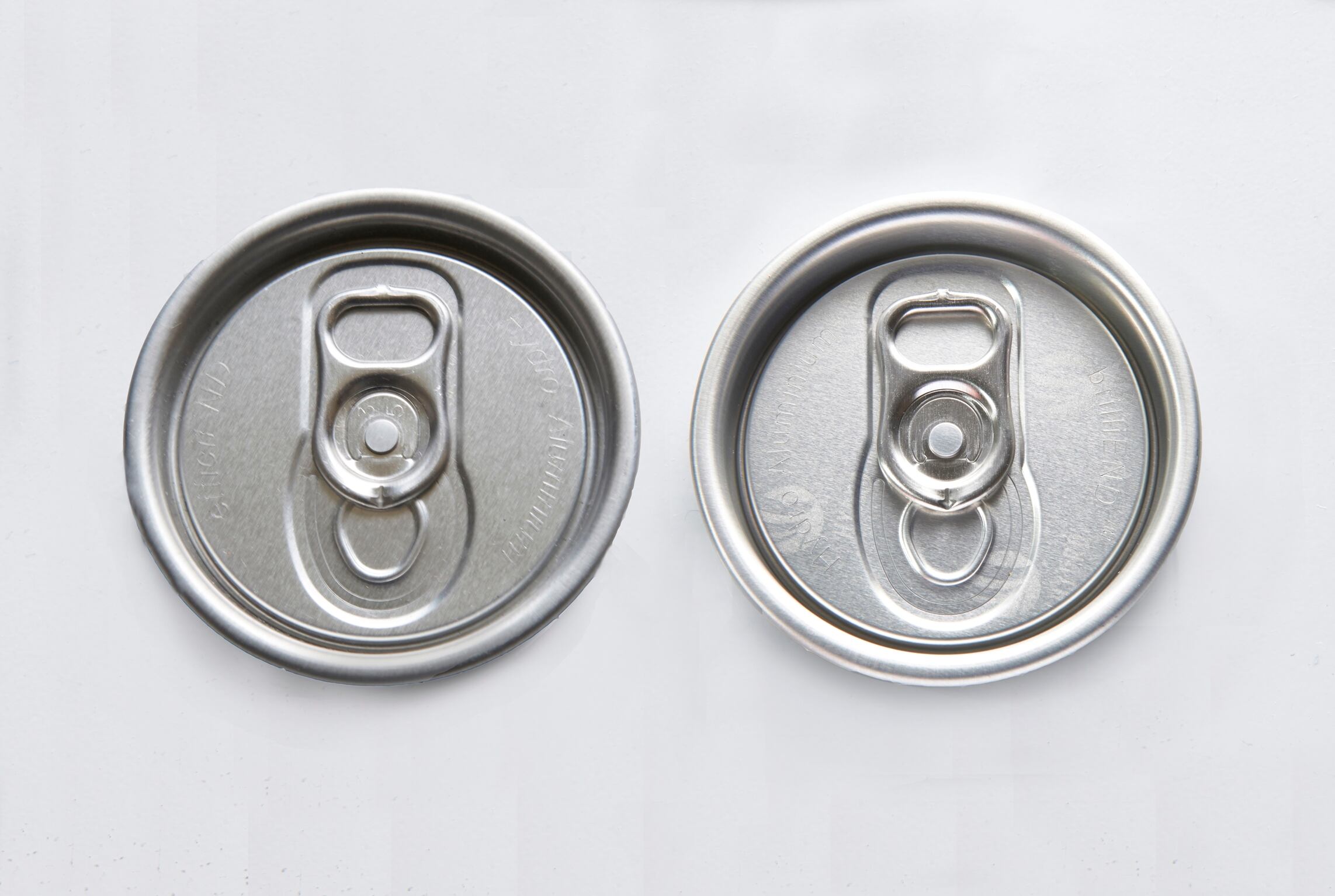The aluminium supplier has also developed an alufoil that is completely oil-free as-rolled hardness at gauges down to 15 µm.

Oil-free surface demand
Manfred Mertens, head of the Packaging and building business unit, Hydro Aluminium, told FoodProductionDaily oil-free foil was previously unheard of in thicknesses under 50μm.
“This material could only be cleaned of residual rolling oil by undergoing a heat treatment. However, due to the effects of the heat, the as-rolled surface quality was lost,” he said.
“Now we managed to degrease the aluminium foil chemically in a sophisticated bath process. In this way, the desired as-rolled condition is retained and an absolutely homogeneous, evenly cleaned surface is achieved.
“It means we can meet the demand for fully cleaned, oil-free surfaces, and it is a particularly environmentally-friendly process.”
Mertens said the method opens up a range of application possibilities for its foil customers with a special need for stiffness and customers can save one process step by directly printing on, or laminating material.
Its finishing plant in Grevenbroich, Germany, serves customers like Tetra Pak, SIG and others with ultra-thin foil and it can ship stock for beverage can bodies, ends and tabs to Ball, Crown and other can makers as well as supply converters like Constantia or Amcor.

Bevcan recycling, Germany
“Our big $61m capex decision is to build a novel plant for bevcan recycling in Neuss, Germany, where we, thanks to our new, in-house sorting technology, can process a wide range of beverage can scrap,” he added.
“On the product side, we offer alufoil even thinner than 6 µm, at 5 µm. This means 16% in material savings. We also make can ends more shiny at POS, thanks to a special degreasing process.”
As vice president of the European Aluminium Foil Association or through its membership in initiatives like SAVE FOOD and EveryCanCounts, Mertens said the biggest challenge in the industry today is to stop wasting food.
“Smart packaging is one important way to help, and only aluminium ensures an absolute barrier protection. Save Food is a core business to me. The more we keep our metal in infinite cycles of recycling and re-use, the more we support a resource-efficient society,” he added.
“The biggest trend in the next five years will beregulations for sustainable products. We can help in many aspects of urban life, energy efficiency, protection, durability and cradle-to-cradle economy. So we see a bright future for aluminium, which we have to transfer worldwide.”
